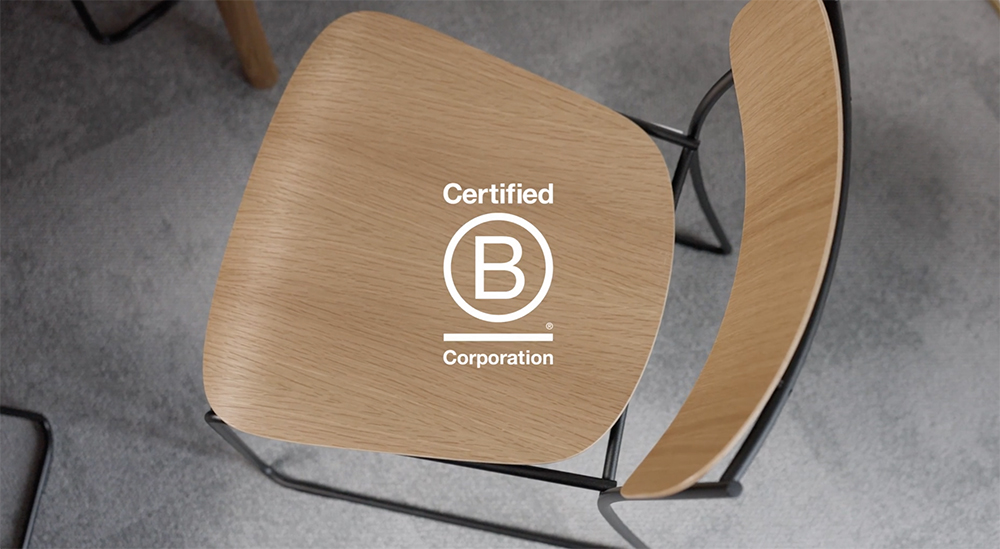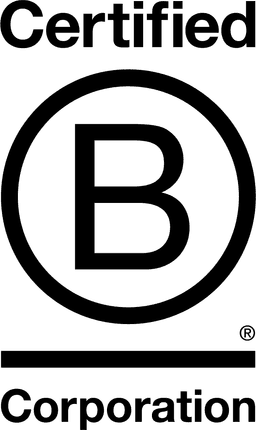

NOMA Editions

Île-de-France, France
July 2022
Furniture
Wholesale/Retail
France
NOMA est la maison d’édition française d'avant garde de mobilier contemporain haut de gamme et responsable. L’éco-conception est au coeur de notre philosophie et nous travaillons essentiellement à partir de matières recyclées. (c'est la partie visible de l'iceberg) NOMA édite et distribue du mobilier pour aménager des espaces professionnels - bureaux ; hotels/résidences ; restaurants - et pour les particuliers. Nous faisons partis des 100 premieres entreprises à mission française, mais nous sommes surtout le premier éditeur de meubles fabriqués essentiellement en France avec au coeur de son ADN l’utilisation de plus de 80% matières recyclées comme le plastique / bois / mousse / tissus / pierre / acier / céramique et même des écailles de poissons Nous voulons changer le regard sur les matériaux recyclés, qui sont de véritables trésors pour les intérieurs contemporains. Nous pensons que l'elegance est de s’entourer d’objets beaux, vertueux et responsables. c'est aussi ça être avant garde. Comme une evidence, nous sommes persuadés que le beau est le plus puissant vecteur de changement.
Overall B Impact Score
Governance 25.0
Governance evaluates a company's overall mission, engagement around its social/environmental impact, ethics, and transparency. This section also evaluates the ability of a company to protect their mission and formally consider stakeholders in decision making through their corporate structure (e.g. benefit corporation) or corporate governing documents.
What is this? A company with an Impact Business Model is intentionally designed to create a specific positive outcome for one of its stakeholders - such as workers, community, environment, or customers.
Community 41.3
Community evaluates a company’s engagement with and impact on the communities in which it operates, hires from, and sources from. Topics include diversity, equity & inclusion, economic impact, civic engagement, charitable giving, and supply chain management. In addition, this section recognizes business models that are designed to address specific community-oriented problems, such as poverty alleviation through fair trade sourcing or distribution via microenterprises, producer cooperative models, locally focused economic development, and formal charitable giving commitments.
Environment 55.8
Environment evaluates a company’s overall environmental management practices as well as its impact on the air, climate, water, land, and biodiversity. This includes the direct impact of a company’s operations and, when applicable its supply chain and distribution channels. This section also recognizes companies with environmentally innovative production processes and those that sell products or services that have a positive environmental impact. Some examples might include products and services that create renewable energy, reduce consumption or waste, conserve land or wildlife, provide less toxic alternatives to the market, or educate people about environmental problems.
What is this? A company with an Impact Business Model is intentionally designed to create a specific positive outcome for one of its stakeholders - such as workers, community, environment, or customers.
Customers 2.9
Customers evaluates a company’s stewardship of its customers through the quality of its products and services, ethical marketing, data privacy and security, and feedback channels. In addition, this section recognizes products or services that are designed to address a particular social problem for or through its customers, such as health or educational products, arts & media products, serving underserved customers/clients, and services that improve the social impact of other businesses or organizations.